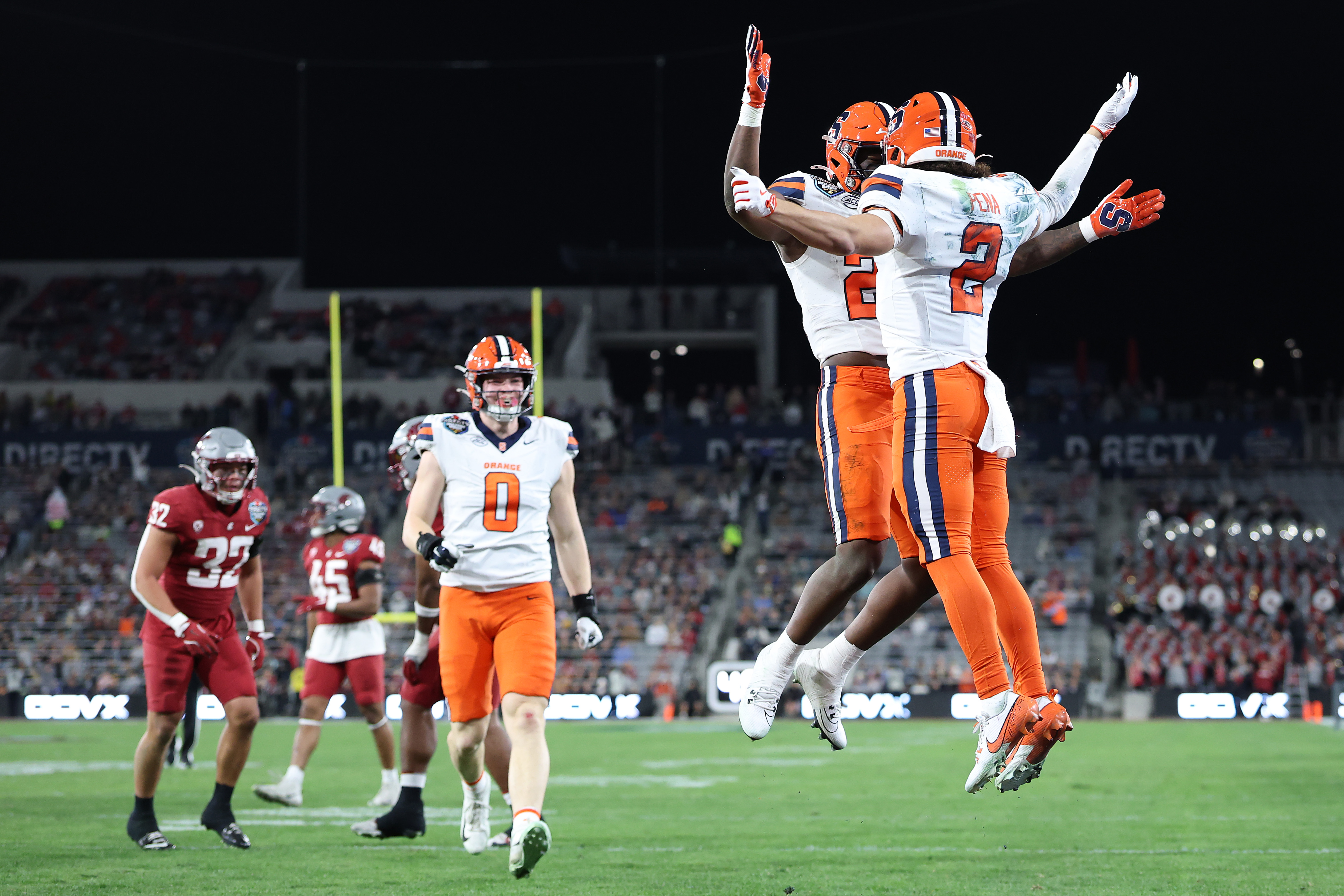After a heated face-to-face confrontation between their mayor and city attorney, San Diegans might well start to wonder -- what impact will the feuding at City Hall have on municipal government and the city's image?
Twelve weeks into his tenure as San Diego's first Democratic mayor in two decades, Bob Filner is pursuing an aggressive game plan on many new policy fronts – in the process, knocking heads with the City Council and Republican City Attorney Jan Goldsmith.
On Wednesday, Filner gave Goldsmith a dressing-down during a news conference that the city attorney had called – and which Filner promptly crashed after finding about it.
"I am your client; that's privileged communication,” Filner angrily told Goldsmith, from the podium that the city attorney vacated following his presentation. “You not only have been unprofessional but unethical in this press conference … do not exceed your authority. Do not exceed your ethical responsibilities.”
The dustup involved a lawsuit that hotel owners are bringing against the mayor for withholding millions of dollars in disputed tourism marketing funds.
Goldsmith's measured reaction: "What I was thinking in the back of my mind, I said, 'We used to have a city attorney [Mike Aguirre] who wanted to be mayor. Now we have a mayor who wants to be city attorney'."
Filner has problems with Goldsmith's views not only on the tourism marketing issue, but several others.
He retains an attorney on-staff -- Lee Burdick, a former political rival of Goldsmith's, and a former Port Commissioner.
The mayor's recent veto of council appointments to the Port Commission also has made waves at City Hall.
Is this style of governance by a strong mayor cause for long-term concern?
"If this keeps up, the New York Times -- they will come, and they will profile 'Dysfunction at City Hall',” says communications strategist Tony Manolatos. "We saw what happened with 'Enron by the Sea'. It took us a long time to shed that label. We don't want to be 'The Circus by the Sea'."
But Voice of San Diego reporter Lisa Halverstadt, who had a front-row seat at the fractious Wednesday news conference, offered this take: "I wouldn't say we've gotten to a point of government dysfunction. But I would say that we've gotten more drama in the city of San Diego than we've had for some years now. We now have a mayor who's not afraid to confront someone who speaks out of turn or does something he maybe doesn't agree with."
Halverstadt’s colleague, Scott Lewis, says the friction stems from Filner’s strategy of changing city hall’s culture and re-distributing political power on the premise that short-term pain will yield long-term gain.
"It's the same framing on every single one of these debates,” Lewis explained. “'Let's shut this down. That might hurt, might hurt some of you right now. But in the long-term it's going to have a better outcome’."
There’s yet another viewpoint to consider, according to communications strategist Herman Collins.
"San Diego has long been a major-league city with a minor-league attitude; we need to grow up,” Collins says. “This is how big-city politics are played … in politics it's never been who wins or loses, it's about what you can live with. I think eventually we'll figure that out. Not only from the mayor's perspective, but as well from those who believe he is seizing power from them."
Local
Filner's next confrontation could come Monday, when the City Council is briefed on the economic impacts of the Tourism Marketing District.
The district's funding, by way of a room rate surcharge Filner sees as an illegal tax, is being challenged in court by citizen activists.



